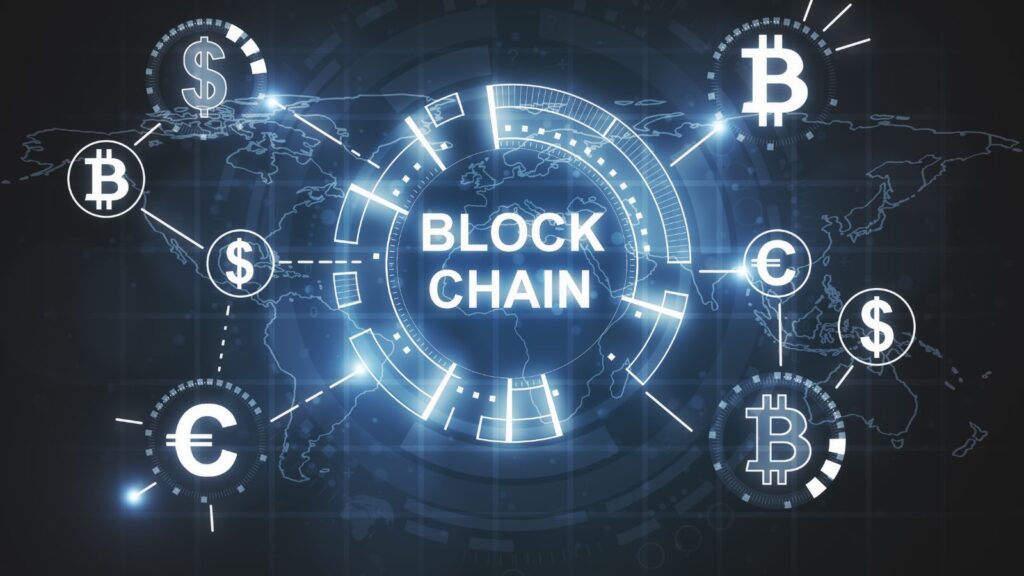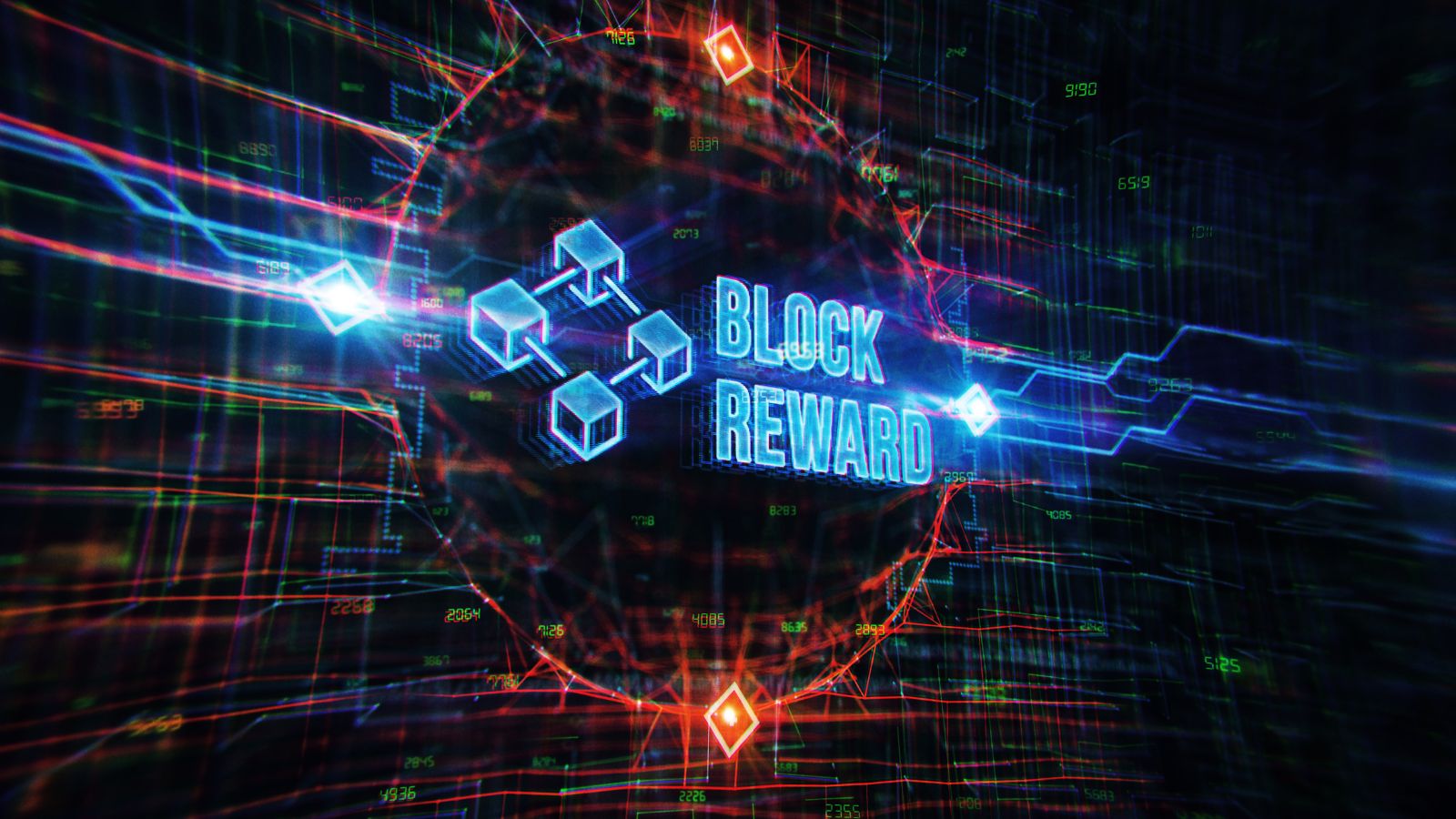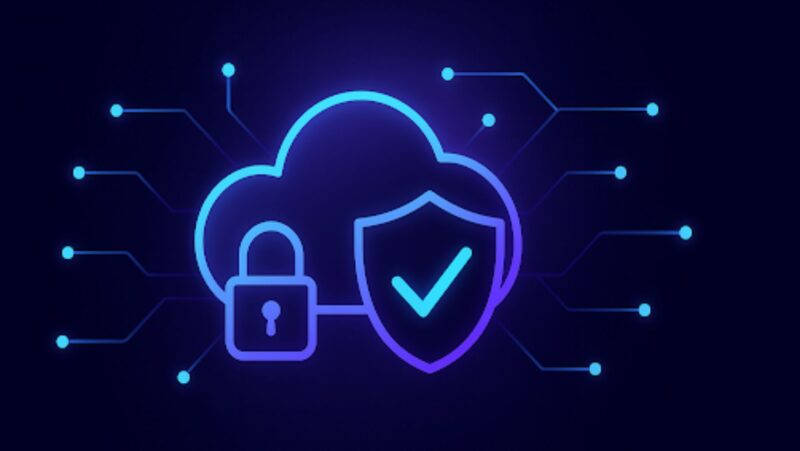
Blockchain technology revolutionizes digital incentives and reward-based ecosystems, offering businesses new ways to engage and retain customers. Industries ranging from fintech and digital commerce to iGaming are integrating decentralized solutions to enhance user experiences. By leveraging tokenized incentives, smart contracts, and gamification, companies create transparent, secure, and automated reward systems that redefine consumer interaction.
This article explores how blockchain-based reward mechanisms influence customer engagement, such as cryptocurrency-backed incentives, smart contracts, and microtransactions. We will examine their applications in regulated markets and highlight how decentralized technology shapes the future of incentives.
The Rise Of Decentralized Incentives
Decentralized incentives are gaining traction as businesses seek innovative ways to build trust and transparency in reward distribution. Blockchain technology enables:
- Tokenized Incentives – Businesses can issue tokens as loyalty points or rewards, allowing users to redeem, trade, or exchange them for other assets or services.
- Smart Contracts – These self-executing agreements ensure rewards are distributed fairly and transparently, reducing fraud and eliminating the need for intermediaries.
- NFT-Based Engagement Models – Companies use NFTs to offer exclusive digital rewards, collectibles, and loyalty programs, increasing customer interaction.
Real-World Use Cases
- Fintech: Cryptocurrency-based loyalty programs incentivize transactions, with platforms rewarding users in tokens redeemable for goods or services.
- Digital Commerce: Starbucks’ Odyssey NFT program integrated blockchain-based loyalty incentives, allowing users to earn and trade digital collectibles, but was short-lived.
- Gaming & Entertainment: Blockchain-based gaming platforms offer tokenized in-game rewards, providing real-world value for digital achievements.
Gamification And Digital Rewards: A Growing Trend
Gamification is critical in blockchain-based rewards, incorporating elements of competition, achievement, and progression to improve user engagement. Many industries are embedding gamified reward structures to increase customer loyalty.
Industry Examples:
- Fintech: Cashback rewards and micro-investment incentives encourage financial activity and long-term customer retention.
- Digital Commerce: NFT-based loyalty programs offer exclusive perks, discounts, and digital collectibles that enhance user engagement.
- iGaming: Bonus structures and gamified offers help increase user retention, providing platforms with a competitive edge.
Many industries are embracing digital rewards to enhance customer engagement. In fintech, platforms use blockchain for secure cashback systems, while iGaming brands offer innovative engagement tools like those found on Slotswise, where structured incentives play a key role in customer retention.
Regulatory Challenges In Digital Incentives
While blockchain-based incentives offer many benefits, they also present regulatory challenges. Businesses in heavily regulated industries such as finance, iGaming, and cryptocurrency must navigate compliance requirements to ensure transparency and security.
Key considerations include:
- Regulatory Compliance: Governments are introducing stricter guidelines for crypto-based rewards, requiring businesses to adhere to evolving financial regulations.
- Smart Contract Auditing: Ensuring automated contracts operate fairly and securely is essential to maintaining trust in blockchain-based incentives.
- Data Privacy & Security: Protecting user data and ensuring secure transactions are fundamental to consumer confidence in decentralized incentives.
The Future Of Blockchain-Based Rewards
As blockchain and Web3 technologies evolve, decentralized rewards will play an increasingly significant role in customer engagement strategies. Emerging trends include:
- Cross-Industry Collaboration: Fintech and gaming platforms are integrating shared reward ecosystems, enhancing user experiences.
- Metaverse Loyalty Programs: Digital rewards extend into virtual environments, offering users real-world value for online activities.
- Tokenized Employee Incentives: Companies leverage blockchain to efficiently distribute workplace rewards and benefits.
Businesses can future-proof their engagement strategies by adopting decentralized rewards, ensuring long-term customer retention and brand loyalty.
Conclusion
Blockchain technology is transforming incentive models across various industries, providing transparency, security, and automation in digital rewards. From fintech’s crypto-based loyalty programs to iGaming’s gamified engagement structures, decentralized solutions are setting new standards for consumer interaction.
As the digital landscape evolves, businesses integrating blockchain-powered rewards will gain a competitive edge, fostering deeper customer connections and building long-term loyalty.














